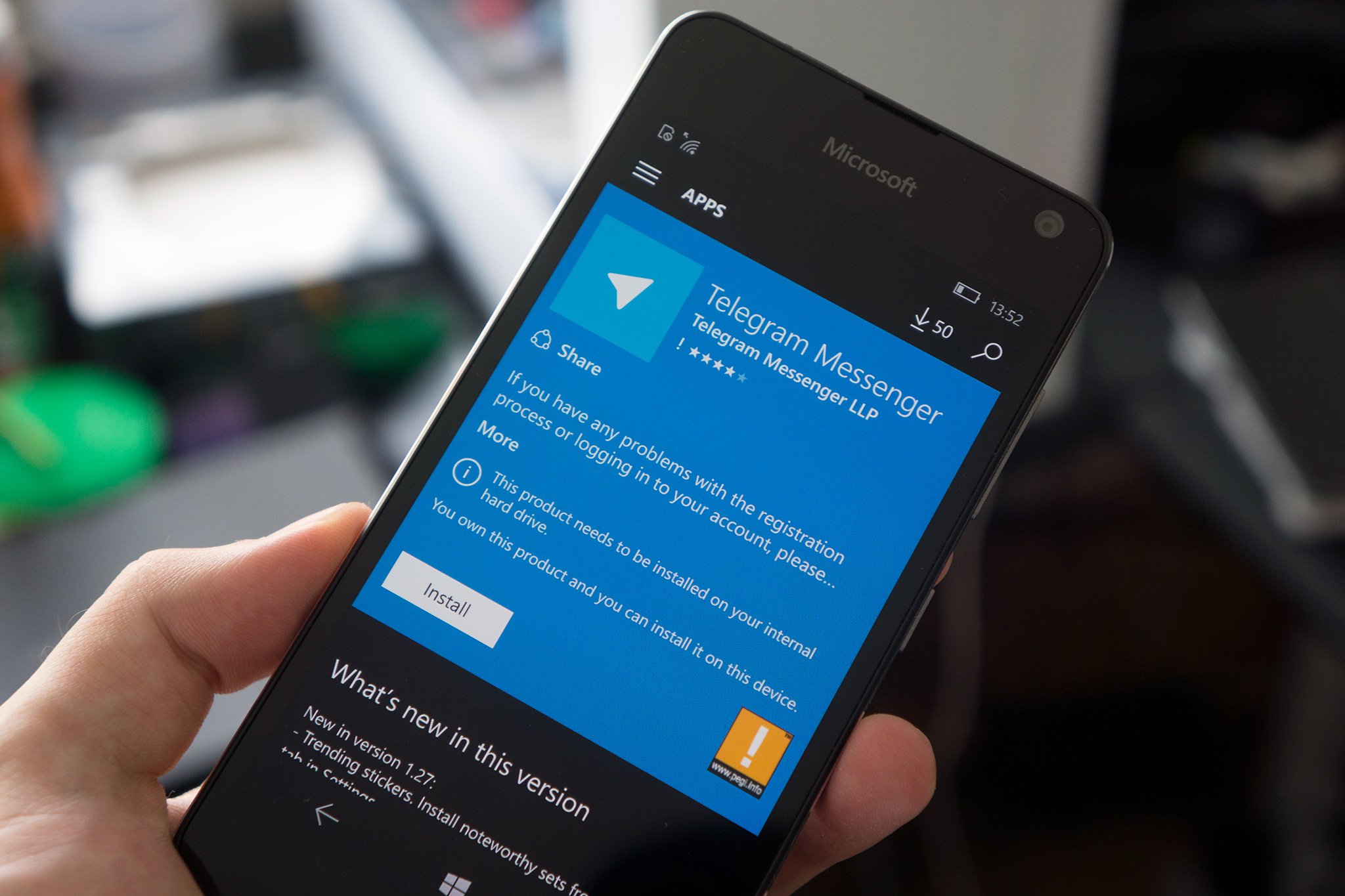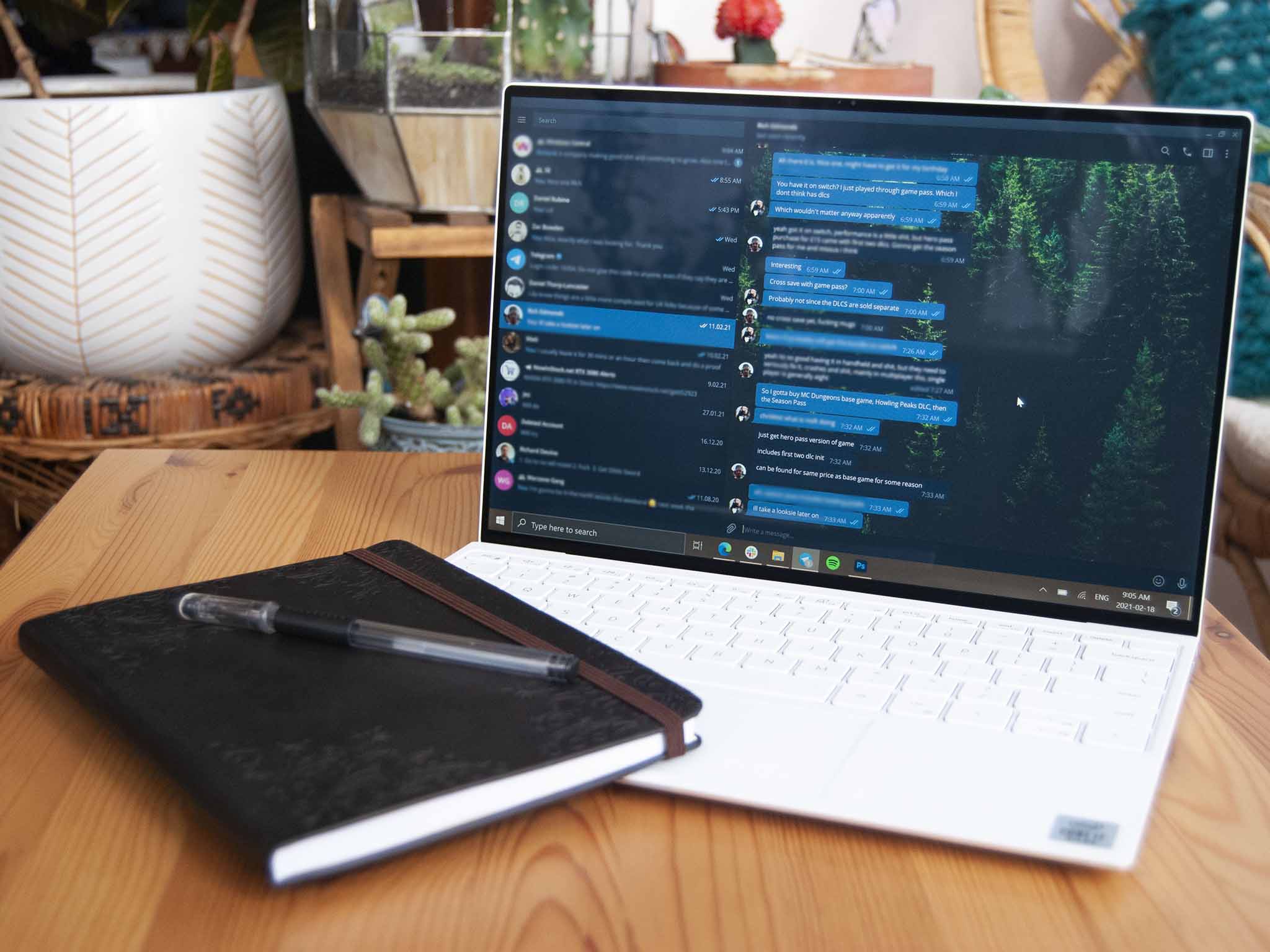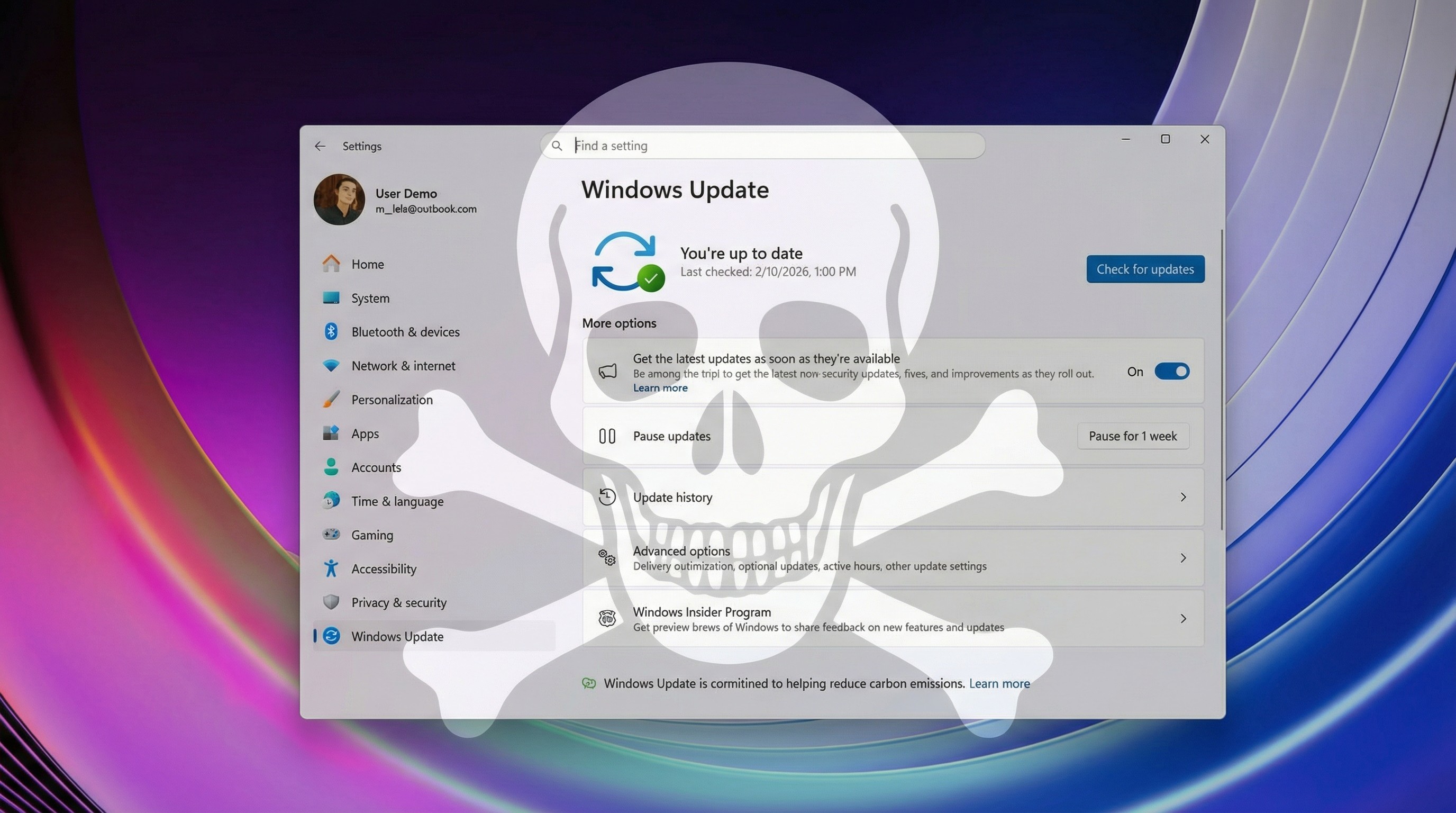Switching to Telegram before everyone else was a lonely messaging experience
Telegram in 2017 was a lot like Windows Phone in 2012.

All the latest news, reviews, and guides for Windows and Xbox diehards.
You are now subscribed
Your newsletter sign-up was successful
The whole "First!" spiel didn't sell well for Telegram in 2017. While I made the conscious decision to switch from WhatsApp and Messenger to primarily using Telegram, I was the only person within my circle of friends and family to do so. I had but four or five contacts loaded on the app, but there simply wasn't a draw to Facebook's eco-system anymore.
I don't enjoy sharing with the world exactly what I'm doing, especially when not at home. I always found the checking in business a little sketchy. Why would I want to inform the world that I'm not at home? I'm also acutely aware of how we're the product with free services like Facebook, and since the company owns both Messenger and WhatsApp, it was time for me to depart both apps.
Leaving WhatsApp and Facebook behind
Going from more than a hundred contacts to a number I can count on a single hand isn't an excellent messaging experience. Still, I wasn't in a hurry to return to Facebook and waited out for people to eventually switch. To begin with, I managed to get my partner to install Telegram so that she could use the app to message me.
Both of us continued to have WhatsApp and Messenger installed, but from then on, I was the one who barely launched either of them. 2018 saw the Cambridge Analytica scandal hit headlines worldwide, which didn't surprise me at all. Much like the grand days of Windows Phone, I thought, "Now this will be the drive for everyone to start switching platforms," but alas, it was not.
Why would anyone switch to a messaging app that no one they know uses?
Friends continued to use Facebook more than ever before, especially Instagram. Telegram continued to be an afterthought. "Why would I switch to an app that no one I know uses?" would be the inevitable response. Again, this took me back to the Windows Phone days of "Why would I switch to a phone ecosystem that has non of my favorite apps?"
It was tough to resist the temptation of firing up Messenger. I was part of a few active groups, and while notifications were turned off, it was that gut feeling of missing out on the conversation. I did pop in every now and then to catch up on what I had missed and to check on everyone to make sure all is well, but using SMS when not losing the battle of will wasn't ideal.
Think about your own privacy

I've asked people only a handful of times to at least give Telegram a go or what their thoughts are about Facebook and their data. The responses, as you'd expect, weren't encouraging. Most simply don't care that Facebook collects so much data, which is backed by the colossal amount of media uploaded to Instagram daily.
All the latest news, reviews, and guides for Windows and Xbox diehards.
If people don't care about images and video, they sure as hell aren't going to give much of a damn about messages. And this was the issue Telegram had. It couldn't bank on people's fear, but it also couldn't rely on word of mouth either. You're not going to switch to an app no one uses, but then no one uses it so that you won't switch to the app.
If you're not paying for the product, then you are the real product.
Telegram is a little different. While founder Pavel Durov was also responsible for bringing VK (Russia's Facebook) into existence, he has been footing the bill for Telegram personally. Plans are in place to introduce monetization into Telegram for 2021. Expect to see ideas ranging from providing premium features to power users, sticker packs from artists, etc.
"We are not going to sell the company like the founders of Whatsapp," wrote Pavel Durov in a Telegram message celebrating 500 million users. "The world needs Telegram to stay independent as a place where users are respected, and high-quality service is ensured. [...] And, as the sad examples of our predecessor's show, that is impossible if you become part of a corporation."
Let's be honest: you wouldn't shower with a large window open for everyone to see, right?
Everyone just joined Telegram!

Things started to change in 2019. Telegram started to make more headlines, and security was once again becoming the hot topic. WhatsApp offers some degree of encryption, like Telegram, but is owned by a big corporate giant. People finally started to wake up and take the red pill.
2020 was a good year for Telegram with the circle of people I know. I've lost count of the number of "This person just joined Telegram!" notifications I've received. After using (and enjoying) Telegram for around four years now, it's good to see it finally start to gain some serious momentum.
Facebook's in the business of making money, and you are the cash cow.
I really cannot thank Facebook enough for continuing to be utterly oblivious to the privacy and security of its customer base. I say "customer" as that's still what we all are. While it may be a free service, Facebook makes billions of dollars annually off the data collected from those using its platforms.
The entire situation around its current spat with Apple is yet another nail in the coffin. To argue that a company releasing a feature that will protect its own customers against all the data you need to collect to make money is detrimental to your bottom line shows how big this issue is and how okay these social media giants believe it to be to hoard massive amounts of user data.
Then you have WhatsApp, everyone's favorite messaging app, which now requires you to share data with Facebook. Telegram is like that bastion of hope, not just for messaging apps but for tech companies as a whole. I wish it would also serve as a wake-up call for many of the younger audience.
Thankfully, this Telegram tale has a far better ending than Windows Phone. I look forward to where the platform goes in 2021 and beyond.
Messaging apps are everywhere. Get more out of yours with these thoughts, tips, and guides.
- Telegram on PC
- Microsoft's Skype snafu
- Instagram's bigger than you think
- Microsoft's messaging failures and successes
- Do Slack and Teams count as "messaging"?
- RCS vs. SMS vs. iMessage
- Google's messaging failures
- How to switch your family to a new service
- Guilded is the Discord alternative you didn't know you needed
- Telegram vs. Signal vs. WhatsApp

Rich Edmonds was formerly a Senior Editor of PC hardware at Windows Central, covering everything related to PC components and NAS. He's been involved in technology for more than a decade and knows a thing or two about the magic inside a PC chassis. You can follow him on Twitter at @RichEdmonds.
